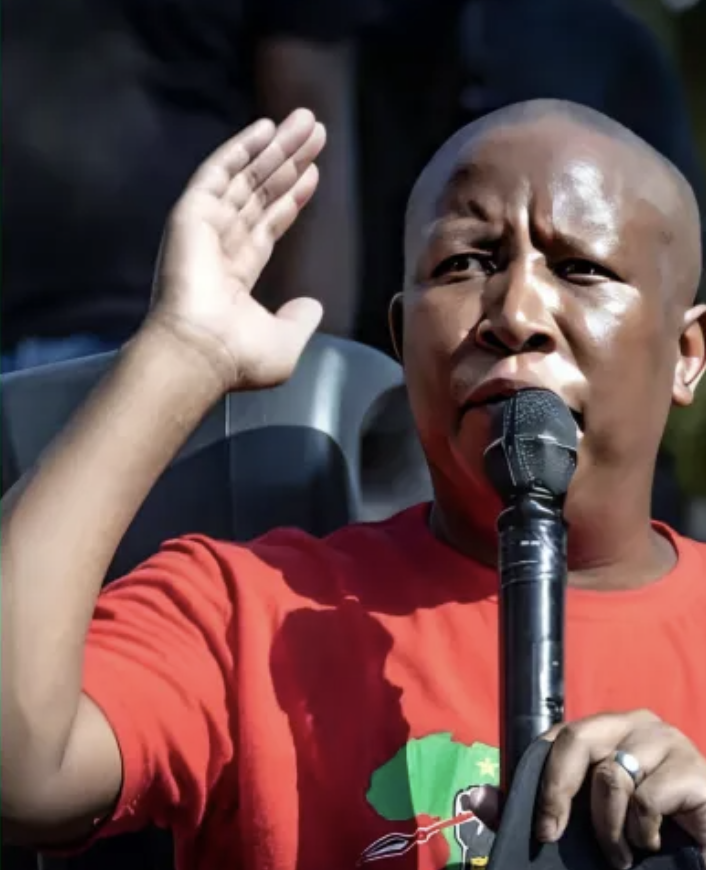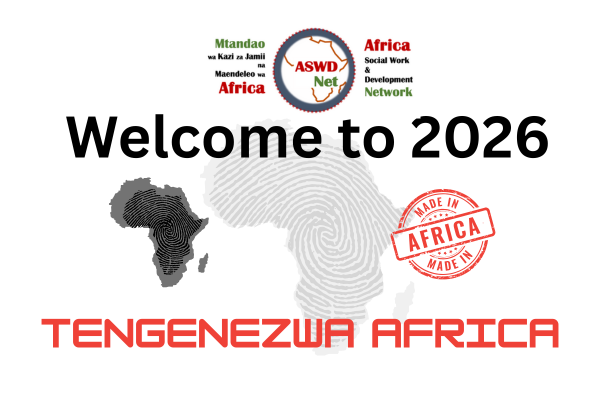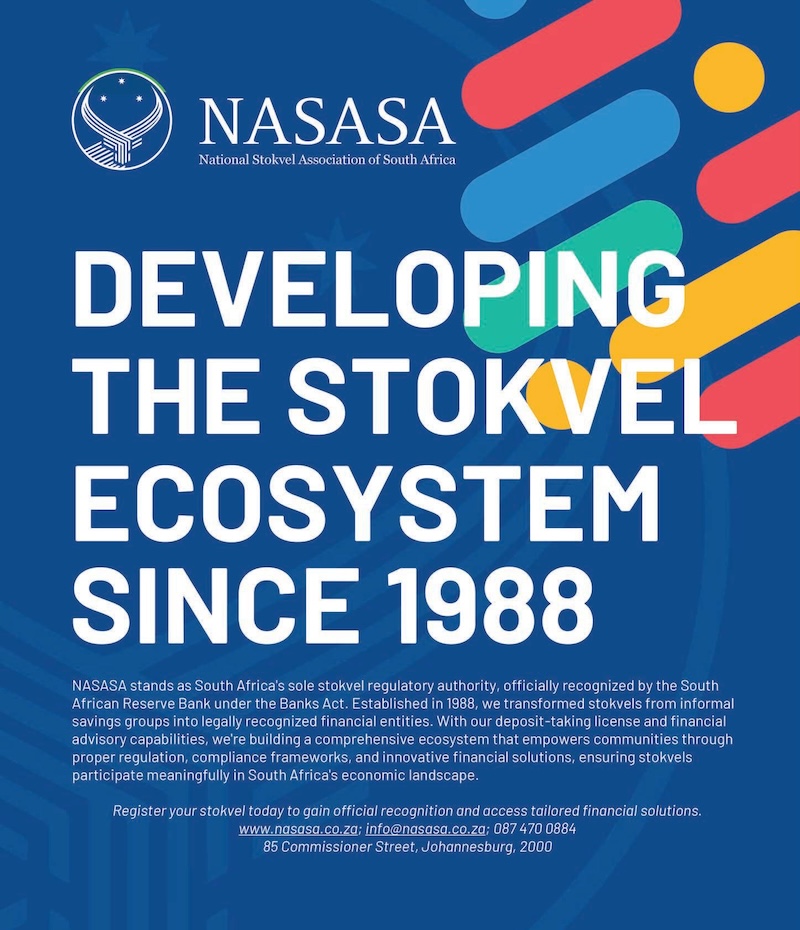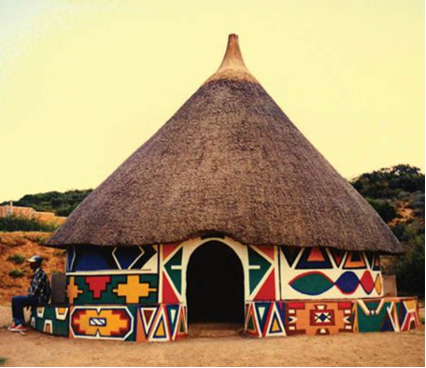
Julius Sello Malema on land return and decolonisation
In our profession of social work and development, justice is revered as a key value. Is justice the same for all races? Are other injustices, for example, land injustice ignorable? Decolonisation is also valued in in social work and development. Is land return and decolonisation valued, for all races? Are property rights for all races? How about by leaders of powerful nations? While Julius Sello Malema has not addressed social work and development directly, he has addressed United States of America (USA) President Donald Trump and USA businessman, Elon Musk directly and truthfully. Both white, the President and businessman support Israel’s land return, but can’t do the same with black South Africans.
If you are propertyless white supremacists do not see you as a human being. Fight for your land. They own 72% of the land now, we own 4%, this should be overturned so that we own 72% and they own 4%.
We are not saying get out of South Africa to go to the ocean or to become refugees, we are saying return the land, let us be equal.
We are not afraid of billionaires or imperialists. They will not dictate to us how we fight for the liberation of our people.
I don’t care about your sanctions; I will never stop fighting for black people to be equal to white people. If that makes me an international criminal, I am proud to be one.
In support, Economic Freedom Fighters (EFF), the political party Malema founded, said:
We will never back down from our fight for the return of land to the people of South Africa through expropriation without compensation.
The EFF takes this opportunity to tell Elon Musk and all of his allies, in the USA, in Israel and the right wing groups in South Africa which have mobilized Musk, to collectively go to hell. The principle remains that equality in South Africa is rooted in the return of the land to African people, and this will be achieved through expropriation without compensation.
These statements were in response to President Trump’s sanctions that include cutting of PEPFAR HIV/AIDS funding to South Africa for addressing colonial land imbalance, and at the same time in response to white businessman Musk’s stance against land return. Elon was born in apartheid South Africa. He, Malema, was, like many of us, refusing the white supremacist and colonial idea that black people are and should be propertyless, philosophyless, scienceless, religionless and humanness. South African President Cyril Ramaphosa insisted South Africa is addressing land inequality and this should be respected, and ‘will not be bullied’.

The article below, first republished on this website in 2022, provides an overview of the land challenges in South Africa and Malema’s vision of a successful land return.
Article by Osman, C. (2019) in Berkeley Political Review
……………………………….
Julius Malema, the powerhouse leader and founder of the Economic Freedom Fighters (EFF), is currently one of the most significant political firebrands in South Africa. At the age of 38, he has spearheaded the second largest opposition party to the African National Congress (ANC) and spent the last six years crafting a disciplined radical agenda for South Africa.

Born in 1981, Malema was raised by his single mother, Flora, in the township of Seshego. He grew up in impoverished circumstances and at a young age was able to witness and understand the disparities concerning socioeconomic statuses in his region. His childhood in many ways propelled his interest in the political arena. At the age of nine, he joined the ANC as part of its youth pioneer movement, where he was trained in armed resistance.
Origins of the Economic Freedom Fighters
The ANC has been the main governing political party of post-apartheid South Africa, winning every election since the 1994 election of Nelson Mandela. At its roots, the ANC is a national liberation movement that defines its mission as the National Democratic Revolution. Socioeconomic issues stemming from colonial and apartheid South Africa serve as the fundamental focus of the ANC.
Julius Malema, however, has not had a harmonious track-record with the ANC. In 2011, he was subject to a disciplinary hearing after being found guilty of sowing divisions within the party. He was criticized of misconduct, and bringing the party into disrepute — violating government policies.
As a consequence of those hearings, Malema was expelled from the ANC as its Youth League President in 2012. Following his dismissal from the ANC, Malema repositioned himself in the political limelight to establish a new, ambitious agenda through the EFF — the decolonization of South African lands.
The EFF, in many ways, is a radical militant movement that focuses on the economic emancipation of Black African people. Founded in 2013, the organization has spent the last 6 years bringing together a community of activists, organizers, politicians, leaders and revolutionaries to propel its central cause: land expropriation without compensation (LEWC)
The roots of land expropriation in South Africa
South Africa has a history of colonial conquest that relegated the Black majority into crowded urban and rural reserves. The 1913 Native Lands Act made it illegal for Black Africans to acquire land outside of these reserves, which became known as “Homelands”. Meanwhile, Black Africans account for 80 percent of South Africa’s population, these homelands comprise just 13 percent of the land. Under apartheid, eighty-five percent of South African land was reserved for white people, who then accounted for an estimated seventeen percent of the population. For many Black South Africans, it is unconscionable that the white minority owns 72 percent of the agricultural land, while the Black majority owns a mere 4 percent. The EFF seeks to address these concerns and take back the majority stronghold on these lands.
Black economic restitution
In the fight for Black liberation, the most significant notion Julius Malema has recognized is that political power does not translate into economic power. Although the ANC currently holds a Black majority congress, the party’s diversity has not led to a parallel rise in economic equality for Black South Africans. An increase in racial representation — and voting power — for Black South Africans has not brought forth equal economic power to those Black voters.
The EFF believes that the fundamental key to land reclamation is to infuse economic power back into marginalized Black South African communities whose indigenous lands were robbed and stolen under a suppressive colonial white apartheid regime. Land ownership is the backbone of economic prosperity. Malema and the EFF seeks to provide economic restitution to combat the negative consequences of apartheid such as the stripping of voting rights and citizenship of Black Africans and the institution of inhumane segregated living conditions modeled after U.S. Jim Crow system.
Malema expressed to a crowd in Soweto,
“White people will no longer eat alone, we are coming to sit on the dinner table, and if you are refusing us on a dinner table, we are going to destroy that dinner table. No one is going to eat until all of us in South Africa eat from the same dinner table. That’s what we are fighting for.”
Reclamation and decolonisation of African lands
Reclaiming South African lands is central to the EFF’s plan to empower Black Africans. Malema believes that this task can be achieved through the expropriation of land without compensation from white landowners. Malema is working to dismantle white ownership in South Africa. “Why are the farm owners white only?” he said. “When we say economic freedom, we mean Black people own productive farms.” Malema seeks to gain economic emancipation for Black people through majority land ownership and the redistribution of white-owned land. To address this issue, Malema and the EFF strive for the creation of the LEWC, a system which centers itself in the confiscation of white property without any reimbursement.
Malema explains that the LEWC will work as follows: “The land council will be created, and to settle any disputes, we will then have a land ombudsman. If you’re not happy with the ruling of an ombudsman, there will be a land court with no less than 10 judges so that they can deal with land disputes. . .We will cut out the cabinet — positions like deputy ministers — in order to fulfill these promises of jobs, houses, land and so on. We need to deal with the corrupt officials to achieve this, first.
Power and liberation do not exist for Black folk without ownership of property. Within Malema’s core philosophy, he challenges the idea of being able to claim a homeland without land ownership. He argues that it does not make sense for Black people to not only live in, but protect and care for, spaces owned by the white man.
“You claim this is your country. You have nothing. You are defending a white man’s property, said Malema during a memorial service for the former Zimbabwean Prime Minister Robert Mugabe. “This South Africa is owned by a white man. This South Africa is controlled by the white man.”
No apologies
A socioeconomic redress is needed for Black South Africans who have been systematically oppressed for generations in their own homelands. LEWC is a solution to the consequences of colonization and apartheid within South Africa. The journey in this effort is an enduring one. Nevertheless, the goal is decolonization: taking back lands that were previously stolen by European colonizers without giving any compensation to those white landowners. It is about redistributing land and wealth back into the hands of Black Africans — reclaiming something that was stolen. It is about providing the ownership needed for Black Africans to make a substantial claim to South Africa.
Julius Malema and the EFF are creating a nexus of resources targeted towards Black South Africans for their economic emancipation and eradication of imperialist domination. There are no apologies to be made to white people in South Africa. Black people no longer feel the need to wait for justice. Economic restitution and empowerment is the ultimate goal. There is a movement that must be seen and heard within the African continent that prioritizes Black liberation. This liberation is restless, demanding and ready to thrive.
Written by Chezliah Osman for Berkeley Political Review, https://bpr.berkeley.edu/2019/11/18/julius-malema-land-expropriation-without-compensation/
Cite as: Osman, C. (2019). Julius Malema: Land Expropriation Without Compensation – The Face of Radical African Resistance. Berkeley Political Review, https://bpr.berkeley.edu/2019/11/18/julius-malema-land-expropriation-without-compensation/
Use the form below to subscibe to Owia Bulletin.
Discover more from Africa Social Work & Development Network | Mtandao waKazi zaJamii naMaendeleo waAfrika
Subscribe to get the latest posts sent to your email.



